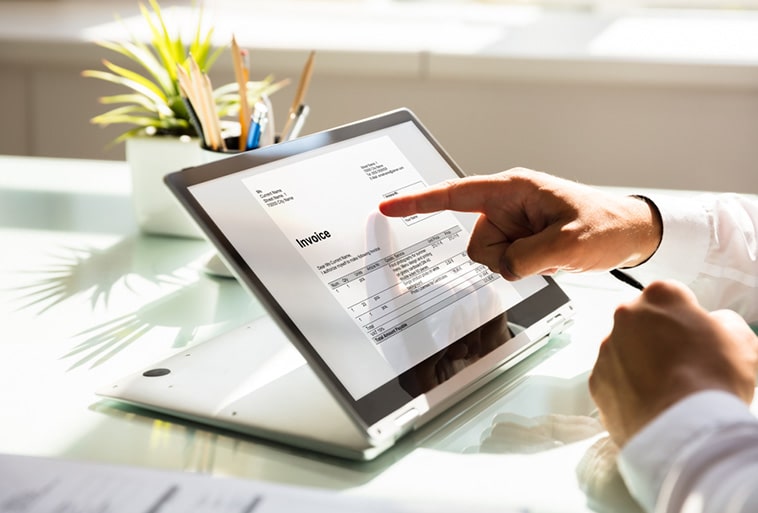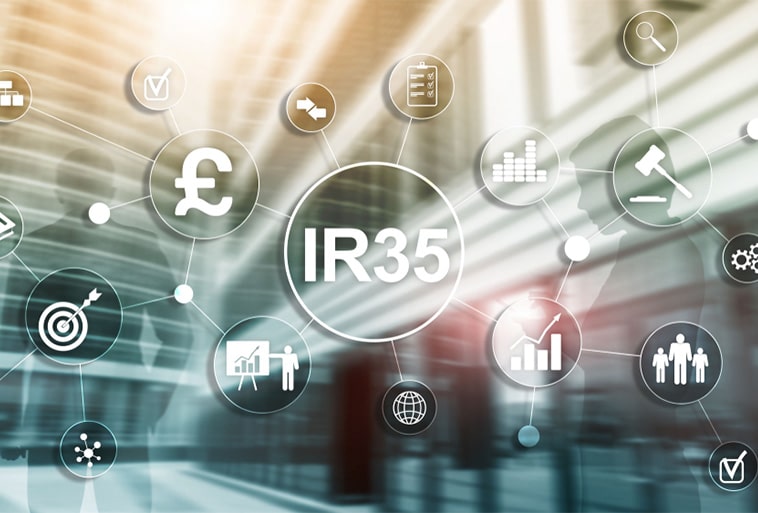Flexible working
The way we work has fundamentally changed over the last 16 months. Technology has allowed businesses to adopt flexible working practices to enable employees to safely work from home during the Pandemic.
As life slowly begins to return to ‘normal’ many businesses have recognised the benefits not only for their employees, but also their businesses, when staff are permitted to work flexibly. Staff are happier, work-life balance is improved and as a result productivity is increased.
More and more companies, both large and small, have decided that the changes that we have all experienced in our working lives since last March should be adopted permanently. There are, as would be expected, a number of different approaches from employers across all sectors and all sizes. From allowing staff to choose how and when and where they would like to work 100% of the time to those dictating that a minimum percentage of time should be spent in the office. Whatever the approach, advances in technology and software packages mean that it is easier than ever to work remotely but with a joined-up approach.
One thing is for sure, for many, the days on Monday to Friday 9-5pm in an office are now considered old fashioned and counterproductive. The business world, along with many other parts of society, have adapted and changed their practices, leading to a more flexible way of earning a living whilst maintaining high standards of work and enabling quality time to be spent with our families and friends.
If you are looking for some business support please feel free to call us on 01173 700 079 or e-mail hello@steppingstonesaccountancy.co.uk.







